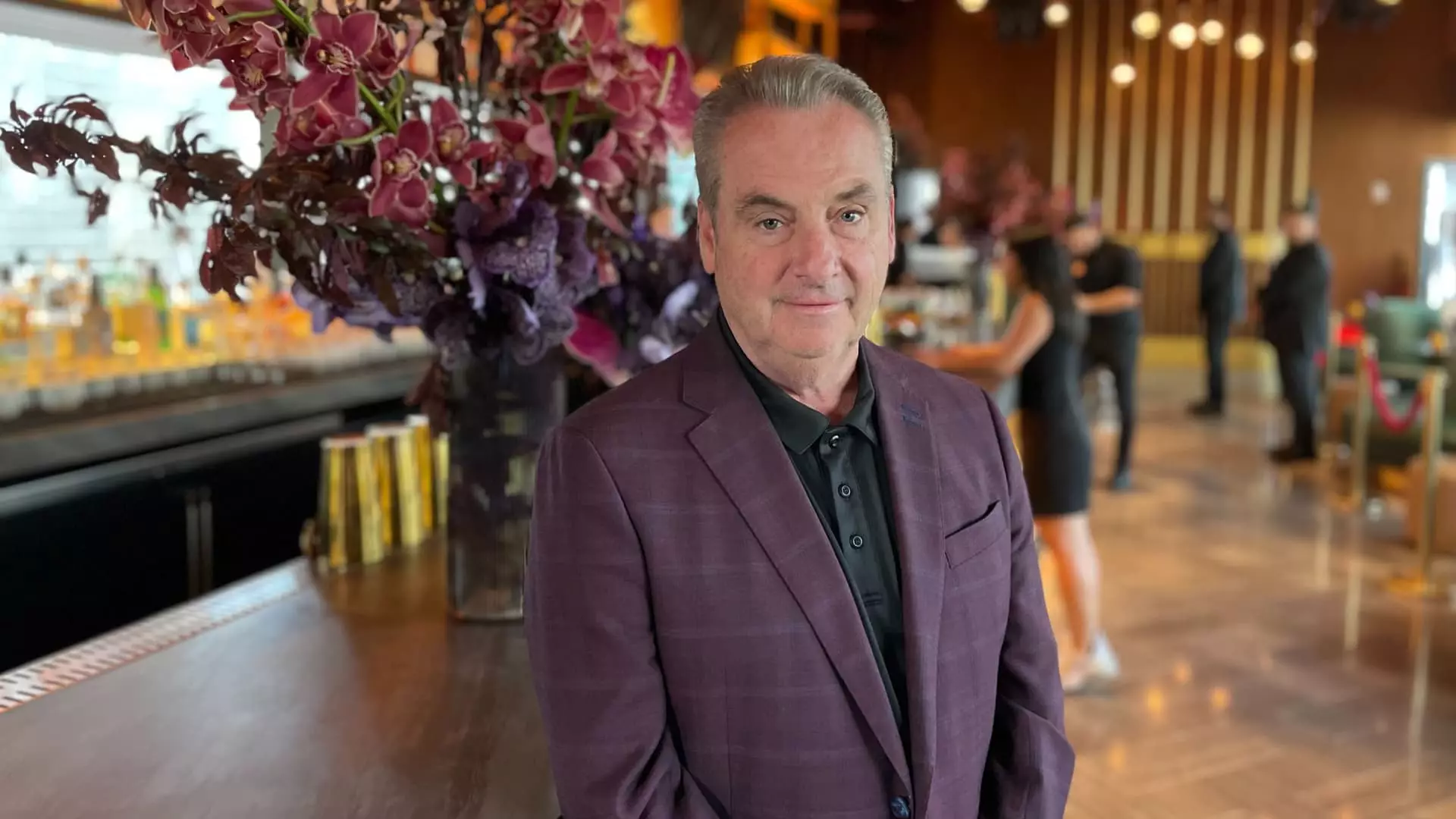Florida’s sports betting scene is on the brink of transformation, particularly following recent statements made by Jim Allen, the chairman of Hard Rock International and Seminole Gaming. After securing an exclusive tribal gaming compact, Hard Rock currently dominates the state’s sports betting market, outmaneuvering prominent contenders such as FanDuel and DraftKings in the ongoing battle for Florida’s lucrative gambling landscape. The complexity of Florida’s gaming regulations creates a unique environment, making any shifts in collaboration vital to potential market growth.
In 2021, FanDuel and DraftKings made significant pushes to legalize sports betting in Florida, but their efforts stumbled against the might of Hard Rock’s alliance with the Seminole Tribe. This absence of competitive options has left many sports betting enthusiasts in the state feeling somewhat limited. With a population surpassing that of New York—currently the leading state in sports betting revenue—Florida represents a potentially gold mine for sportsbooks. Despite this, the tribal compact awarded to Hard Rock was the result of prolonged negotiations and a hard-fought campaign, meaning any future prospects of competition require strategic planning.
In a recent interview at the Global Gaming Expo in Las Vegas, Jim Allen expressed a willingness to engage with major sportsbooks, a potentially groundbreaking pivot for Hard Rock. He mentioned fostering a positive relationship with both FanDuel and DraftKings, indicating a shift from staunch competition to potential collaboration. Allen noted that forming strategic relationships with these marquee brands could have mutual benefits, a notion welcomed by stakeholders keeping a keen eye on market developments. Such openness could usher in a new era, depending on how negotiations unfurl.
Increased interest from operators underscores Florida’s latent market potential, especially given its remarkable number of professional and high-level collegiate sports teams. The state’s vibrant sports culture positions it as a highly favorable place for sportsbooks looking to expand their reach. While discussions regarding potential deals are still nascent, the fact that FanDuel’s CEO, Amy Howe, has identified Florida as one of her key target states signals a strong intent to revisit the market. The ability for sportsbooks to leverage Florida’s vast audience cannot be understated, serving as both an opportunity and a challenge for Hard Rock.
Last December, Hard Rock marked the launch of sports betting at the Seminole Hard Rock, emphasizing revolutionary changes in Florida’s gaming landscape. Despite Hard Rock’s reluctance to disclose specific revenue figures due to tribal sovereignty, the company’s enthusiasm about sports betting indicates that they foresee considerable growth opportunities. The company’s recent statements imply that they may not just be satisfied with the status quo but are keen on actively shaping the future of sports betting in Florida.
As Florida stands on the precipice of a more diverse sports betting environment, the future hinges on how Hard Rock navigates its relationships with the major sportsbooks looking to penetrate this essential market. Collaboration, instead of competition, could redefine betting in the Sunshine State, potentially leading to innovations that enhance the customer experience while increasing revenue for all parties involved. In a landscape as fluid as sports betting, staying ahead will require not just foresight, but also a willingness to adapt to emerging dynamics. The upcoming months promise to be crucial in determining how Florida’s sports betting narrative unfolds.

